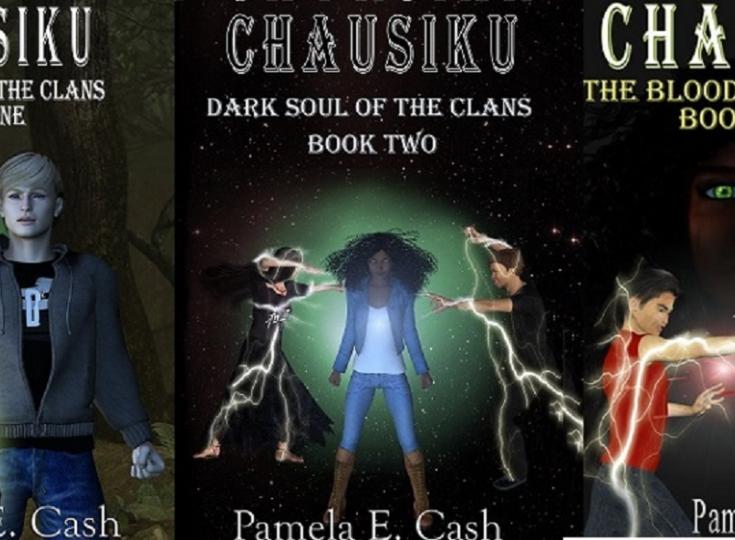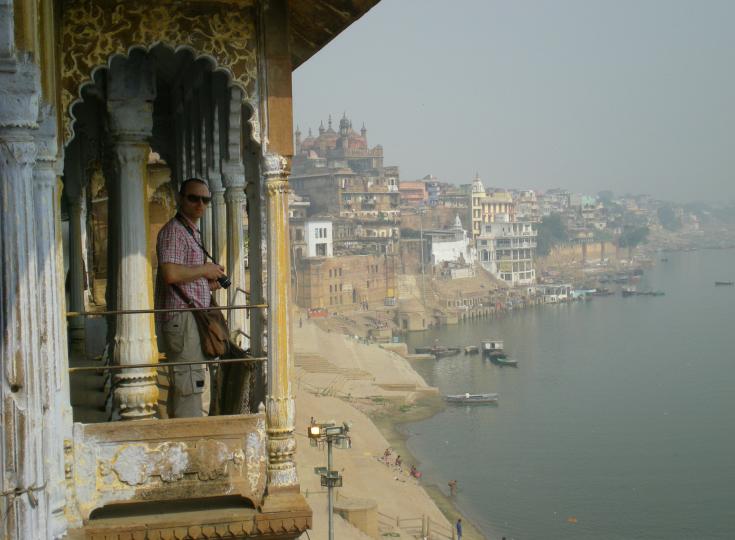Russell Kightley - Part Near-death Life-Review, Part Mosaic Novel and Part Insect Horror
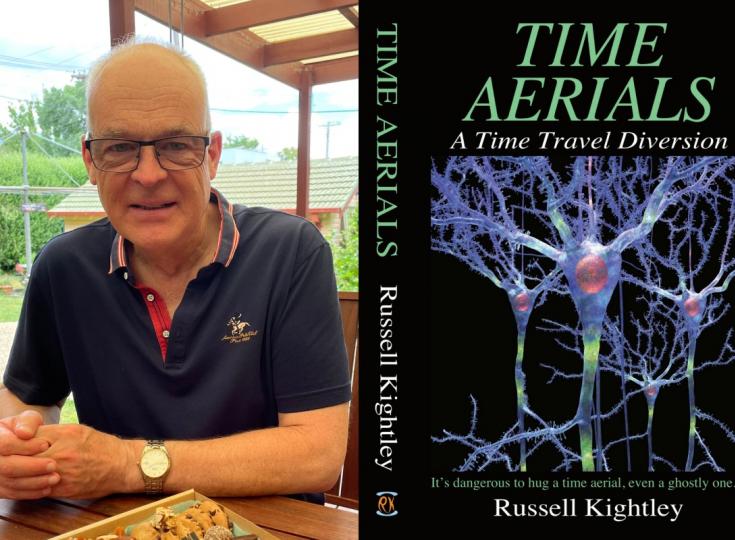
Russell Kightley has been writing sci-fi stories since 2014. His books are philosophical science fiction with a slice of satire and a twist of time travel. Often, they explore the nature of consciousness and reality. That sounds heavy, but they’re written in a light and easy style, often with wordplay. His first interest in the craft came from reading John Gardner's The Art of Fiction: Notes on Craft for Young Writers in a cafe in Palo Alto in the early 80s. Writing during the following thirty years was mainly scripting for videos and captions for graphics. Only in his late fifties did he feel he had enough to say to actually write fiction.
Please give us a short introduction to what Time Aerials is about.
A dying man sees his life flash past as a series of science fiction stories. They are constructed by his dying brain as it tries to make sense of the big questions surrounding time and consciousness and causality and death. A major theme is how meddling with time stresses reality and fractures the universe. And how we make sense of the world through stories.
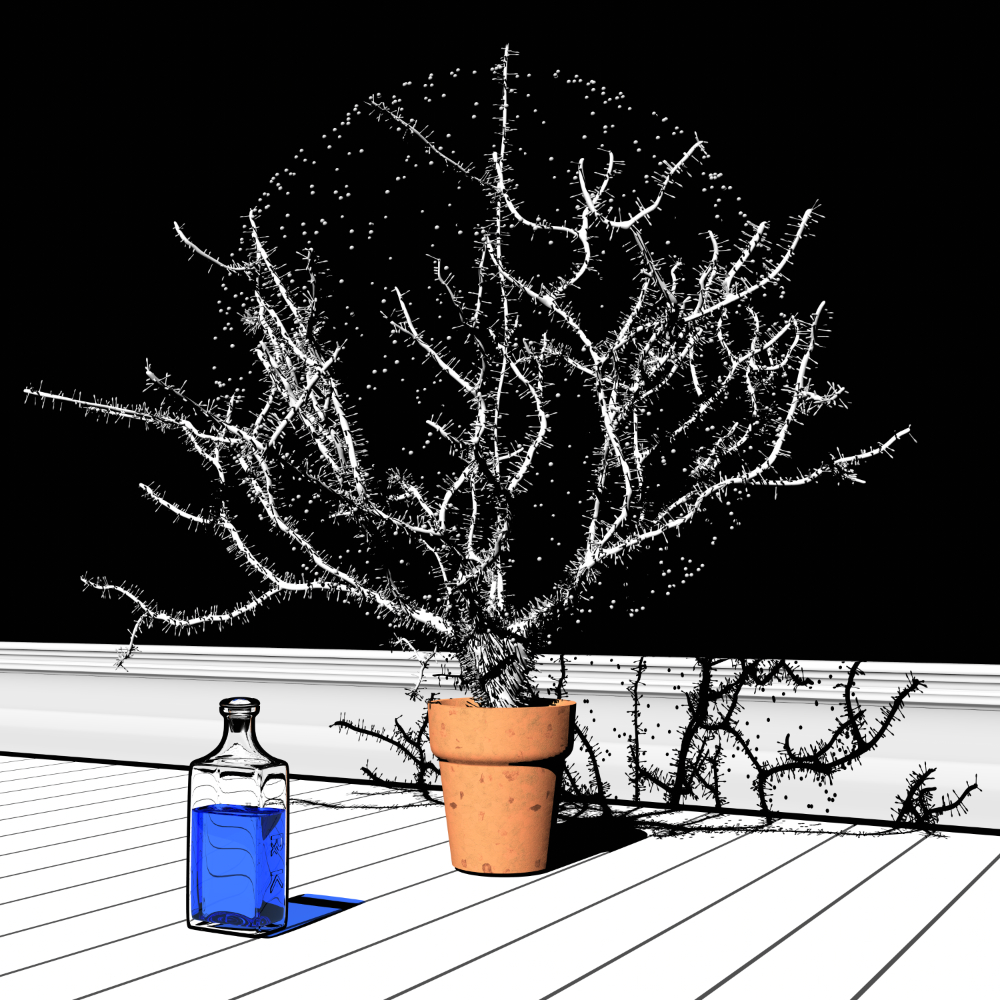
What inspired you to write about a dying man's life that flashes past in the form of sci-fi stories?
It didn’t start that way. I began writing about the dangers of time travel and how going back in time could alter the future. But underneath it all was a desire to come to terms with death by exploring ideas of time travel. And so, it evolved into a life review.
Where did the concept of The Great Mind come from?
From the idea that precognition would be a great survival skill, especially for evading predators. This lead to the “death pulse” a warning sent back from a dying creature to itself a few moments in the past. When the universe shatters (as a result of meddling with time) everything dies at once. And everything sends back a warning pulse. But nothing can evade the end of the universe (as it might evade a predator) and so everything dies again. This circling round of mental impulses at the end of time becomes the Great Mind (The Sum of The Dead). And the Great Mind, fashioned as it was from time traveling nerve impulses, tries to undo the meddling that caused itself to come into being.
Besides writing, what other secret skills do you have?
I’ve spent most of my life creating visual art, mainly scientific illustration. I also worked on health education films which involved researching, scripting, storyboarding, directing, and animating. I helped make two films on HIV / AIDS back in the 80’s and early 90’s so the current pandemic has a sense of history repeating itself. It also fostered my interest in illustrating viruses.
The book includes interesting themes, including time travel. Why did you take this approach?
I’ve always loved the idea of time travel in fiction, and with increasing age came a mounting obsession with the nature of time and whether the past is alive, if only to itself. I also had an idea about consciousness arising from the mind leaking into time and I wanted to explore that. The two mixed together.
The book takes a lot of twists and turns. Did you plan it all out before you started writing, or did some of it just "happen" along the way?
There was minimal planning. The book fed on itself as it grew, bootstrapping itself into being, like a technology from the future going into the past and causing its own invention. The really weird thing I noticed, and this happened with several of my books, was when I read back over them, I saw the final plot foreshadowed. In other words, there were hints about the ending that appeared in the script before I knew what the ending would be. Apparently, this is quite common. I wonder if it’s like dreams, when they surprise us even though we create them ourselves (I assume).
There were lots of ideas I wanted to include and cramming them all together lead to some interesting twists. A bit like herding cats and having them race off in unexpected directions.
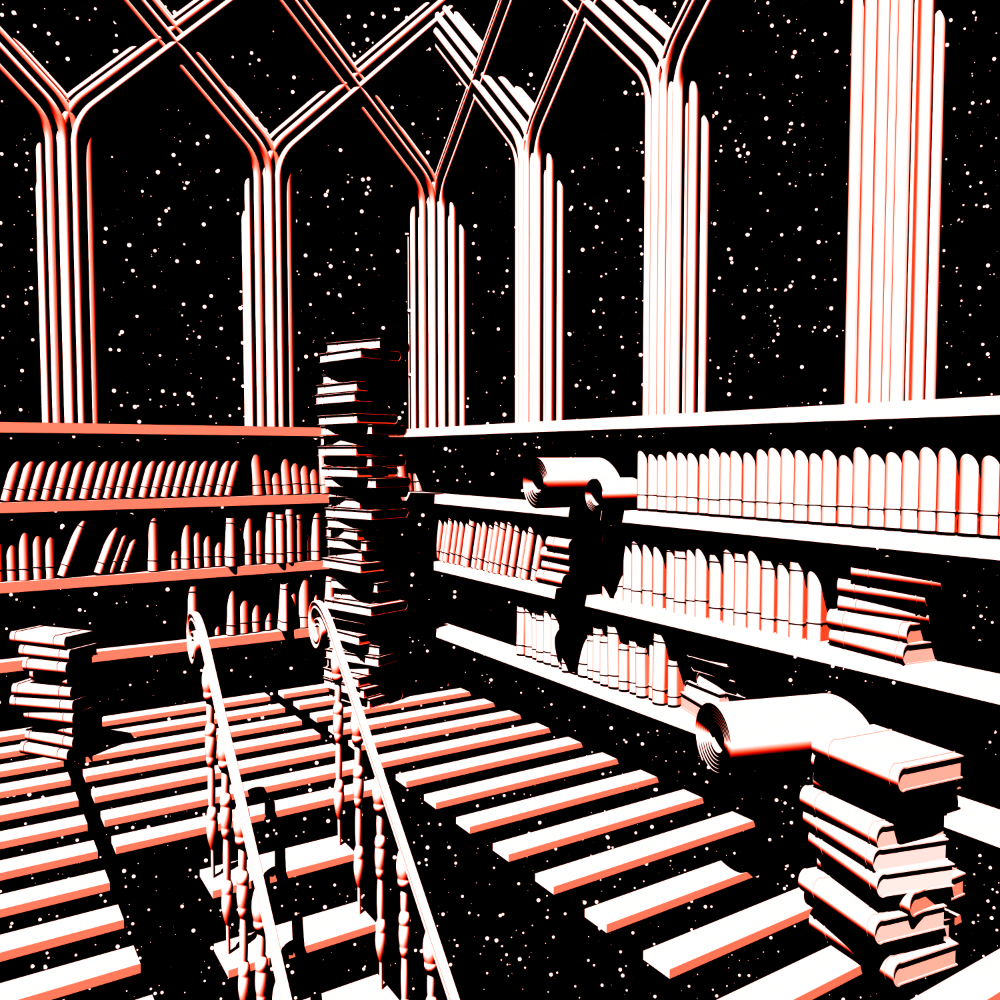
Tell us more about the cover and how it came about.
I wanted an image that suggested a tree (to illustrate a time aerial) and I saw that my neuron image fitted the bill. Once I’d decided on that, the neuron idea fed into the story itself, and the time aerials crystallised as brain cells. Although on looking back it was always there.
What is your favorite line from the book, and why?
But moving them while the Keystone ran would cause the array to sweep across time, trawling up God knows what from the past. Multiple instances of Herbert, for example, creating a stampede of time-wrecking grandfathers.
I like it because it refers to the grandfather paradox of destroying yourself by killing your progenitors. And a stampede is nightmarish but comic. And the idea of disapproving ancestors waiting in the wings is unsettling, since ancestor worship (and fear) is primal.
You also worked as a scientific illustrator. How has this influenced your writing?
I think visually and plan using mental diagrams (and sometimes real diagrams) so it influences me that way. Scientific illustration makes (some) errors of thought or structure obvious, and inconsistencies that are hidden in prose can revealed in a picture. So that makes me a bit more rigorous in my writing. Also, I’ve spent many years writing image captions and video scripts and that forced me to explain complicated things concisely.
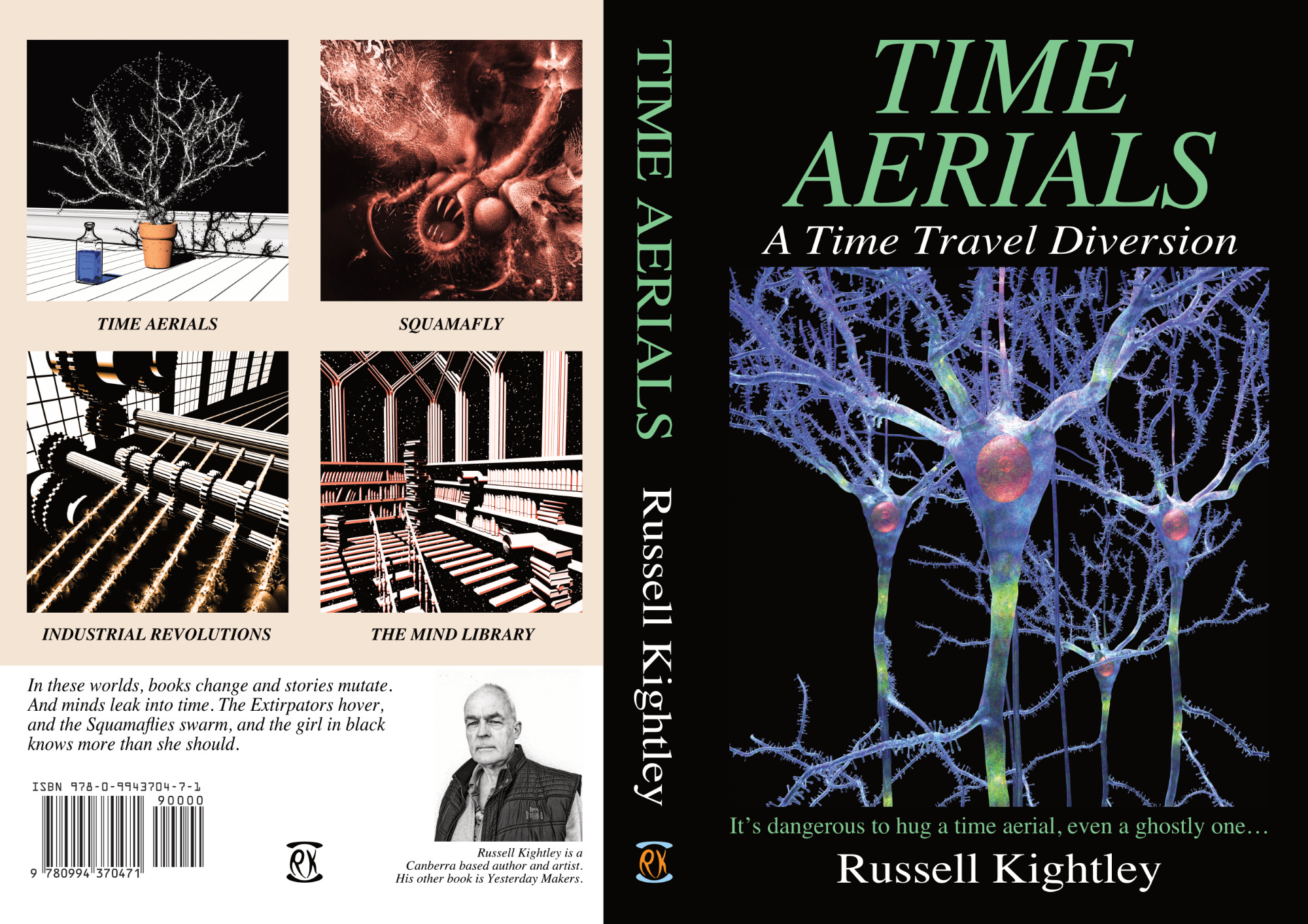
Where does your idea of time as a limited resource come from?
More fragile than limited, I think. It can only take so much abuse before it shatters.
You like to insert philosophy and satire into your stories. Why do you take this approach?
I like ideas-driven fiction. It takes me a lot of time and effort to write (Time Aerials took two years) and so it seems important to actually say something. But that can get heavy and oppressive, so it’s nice to inject a bit a humour and satire. And it’s more fun that way. And thinking hard about the nature of time and consciousness can be very comforting. The idea that the past exists can help with grief. I hope that’s a side benefit. It’s certainly therapeutic for me.
Do you have any interesting writing habits? What is an average writing day like for you?
Nothing like an average day, I’m afraid. It goes in fits and starts and gets mixed up with creating graphics. When I’m on a roll (rare) I’ll write until my eyesight blurs and I fight the plot in dreams at night.
What are you working on right now?
A virus time travel book (obviously). But I’m stuck.
Where can our readers discover more of your work or interact with you?
At my author site: https://www.russellkightley.com. All the books are there with a bit of background, and it has contact details and a chat facility.
You can see my artwork here: https://www.scientific.pictures

